Farmers market managers job descriptions include a long list of responsibilities that continue to grow and become more complex every year.
As a market manager you know a lot about your market. But, how do you convey that information, to whom, and why? Knowledge about your market is very important for you and for organizations you are part of, work with, or desire to impress. Knowledge about the market or markets is important for decision-making and messaging. Let’s discuss three different kinds of knowledge and how you can put it to use.
The first type of knowledge is “word-of-mouth,” or the stories you hear about your market. This anecdotal knowledge is very important. It drives visitors to your market, increases sales, improves market visibility, and helps achieve whatever goals you, your vendors, and the community have for the market. These stories are typically based on first-person observations. For example, someone sees the variety of apples available at a vendor stand and tells their friends or posts a picture on social media. Based on that knowledge new visitors come to the market and existing customers might try out new products. Of course, you don’t have a lot of control over word-of-mouth. However, you can encourage vendors to use attractive signs that include a call-to-action about sharing on social media or telling a friend about their experience. In addition, encouraging neat and attractive displays will make the market appealing, fun, and shareable.
Word of mouth can also work against a market. Parking problems may cause distress for visitors or a special program by a partner might flop and inspire negative comments. Harmful word of mouth is inevitable, but with knowledge about your market you can often anticipate issues before they arise and before bad word-of mouth-spreads.
A second type of knowledge is the information others produce at your request. Occasionally, local government officials have information about parking, pedestrian access, or other programming of interest to market visitors. Regular communication with Extension agents, city planners or city economic development personnel can help you uncover important and useful knowledge.
For instance, in Brown Deer WI, city personnel recognized that SNAP beneficiaries in the city were missing out on the farmers market and the incentives available to double the dollars SNAP users could use for fresh food shopping at the market. The city manager was motivated to collect data about the market. She reached out to University of Wisconsin – Extension FoodWIse educators working in the area who supported the city and its market. Unfortunately the data about SNAP users in the area was not of much use, so the manager turned to a third type of knowledge, knowledge YOU help produce.
Knowledge YOU help produce might sound challenging, but think about it, you have produced knowledge since grade school science experiments, and the principles are the same. Work systematically with legitimate tools and you’ll produce reliable knowledge you can be proud of and others can trust. So, to continue the story…The Brown Deer manager made a connection to a team applying for a grant from USDA. Happily, the team won the award, which used the Farm 2 Facts toolkit to help managers collect market data. With that data collected in 2018, the manager was able to say how little SNAP users shopped at the market. We developed a relationship (link to other blog–doesn’t exist yet)and wrote a successful grant to American Family Insurance. One activity in that grant was to produce and execute a marketing plan to increase SNAP shoppers at the Brown Deer market and another activity was to collect data to evaluate that marketing program.
Farm 2 Facts executed the project in the 2019 season. As the data began to pour in the city quickly discovered that SNAP usage doubled and then tripled! The city’s access to Farm 2 Facts reporting tools illustrated the effectiveness of the marketing program. This exciting success is producing new opportunities for markets around Milwaukee county to create knowledge about their markets!
